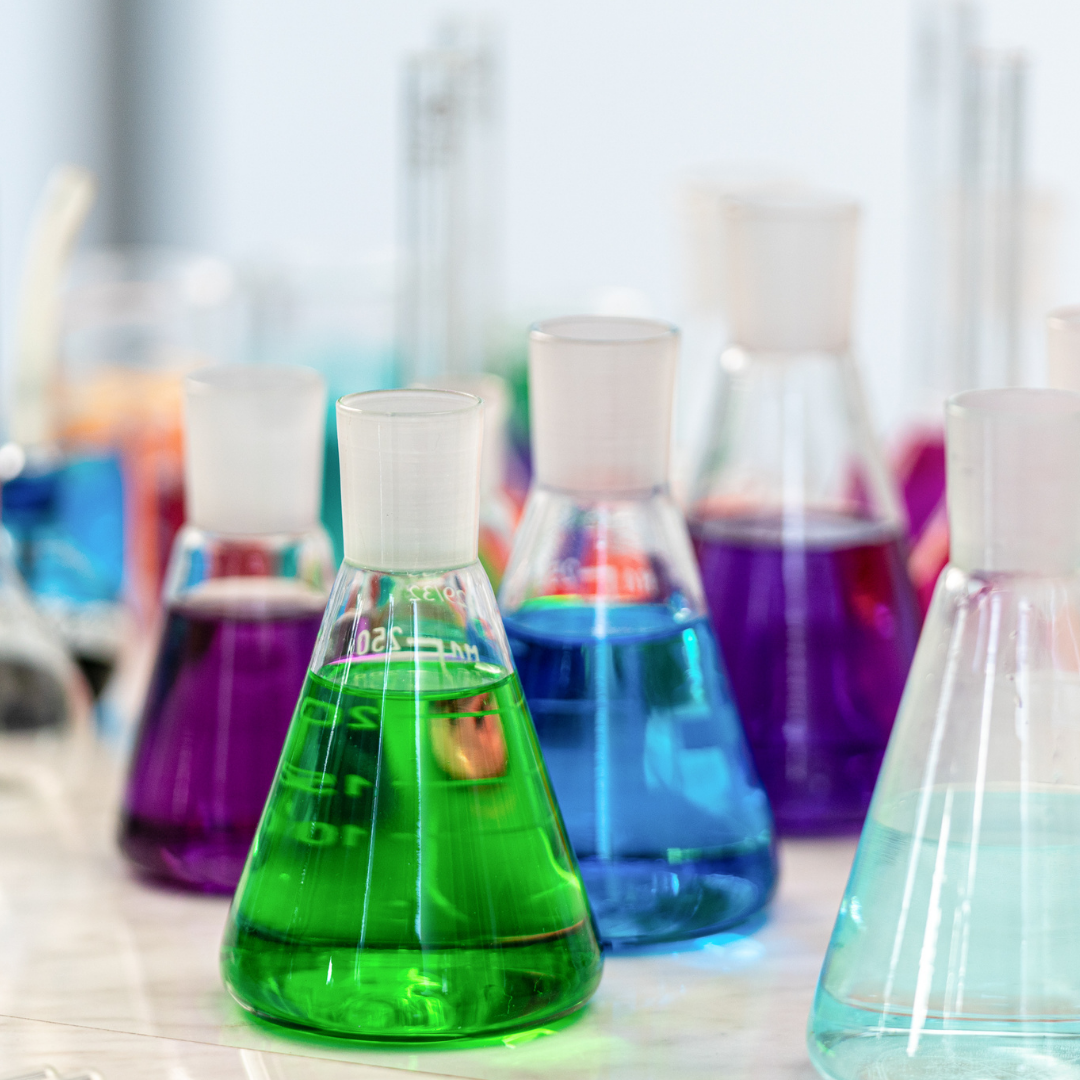PFAS, also known as per- and polyfluoroalkyl substances, have been used since the 1950s in various commercial and industrial applications. Due to their persistence in the environment, they are referred to as “forever chemicals,” meaning they do not easily break down. These substances, present in various products including cosmetics, have a negative impact on human health, animals, and ecosystems. High concentrations of PFAS can increase the risk of various diseases such as liver disease, thyroid disease, cancer, and diabetes.
The New Zealand Environmental Protection Authority (EPA) has announced a plan to phase out PFAS chemicals from cosmetics production. This makes it the first country in the world to take such a decision, aiming to eliminate “forever chemicals” from the cosmetic industry due to their adverse effects on the natural environment and human health.
The Harmfulness of PFAS Has Long Been Known
In July 2020, the European Food Safety Authority (EFSA) published an opinion stating that perfluoroalkyl substances may negatively affect development and have adverse effects on cholesterol levels, liver function, immune system, and birth weight. EFSA identified the impact on the immune system as the most concerning and established a tolerable weekly intake value at 4.4 ng/kg body weight per week for the sum of perfluoroalkyl substances. The authority also expressed concerns about the exceedance of this tolerable intake by some European populations.
When Will PFAS Cosmetics Disappear from Shelves?
The decision to withdraw PFAS cosmetics in New Zealand is set to take effect no later than 2026. Although PFAS has been detected in a small number of cosmetics, the EPA is taking precautionary actions to avoid further harm. This ban is one of many initiatives aimed at protecting citizens from harmful substances. Dr. Shaun Presow, an EPA expert, emphasized the durability and potential toxicity of these chemicals, which prompted the authority to make this decision.
Challenge for Exporting to New Zealand
The main issue lies with imported cosmetics, which make up 90% of the market offering in New Zealand. This, in turn, may lead to the introduction of stringent regulations on the import of cosmetics, potentially resulting in the withdrawal of some products from the market after 2027.
Companies and PFAS
PFAS play a crucial role for many industries. According to Chemsec.org’s ranking, among the 12 largest PFAS producers are companies such as 3M, BASF, Bayer, and MERCK. These 12 PFAS-producing enterprises have the greatest potential to introduce policies limiting PFAS production and usage. Shedding light on PFAS production may push them towards a more future-oriented business model, as demonstrated by 3M: in 2022, 3M announced it would cease PFAS production by 2025.




